Chickpeas and Checkpoints: Hummus in the Shadow of Arab-Israeli War
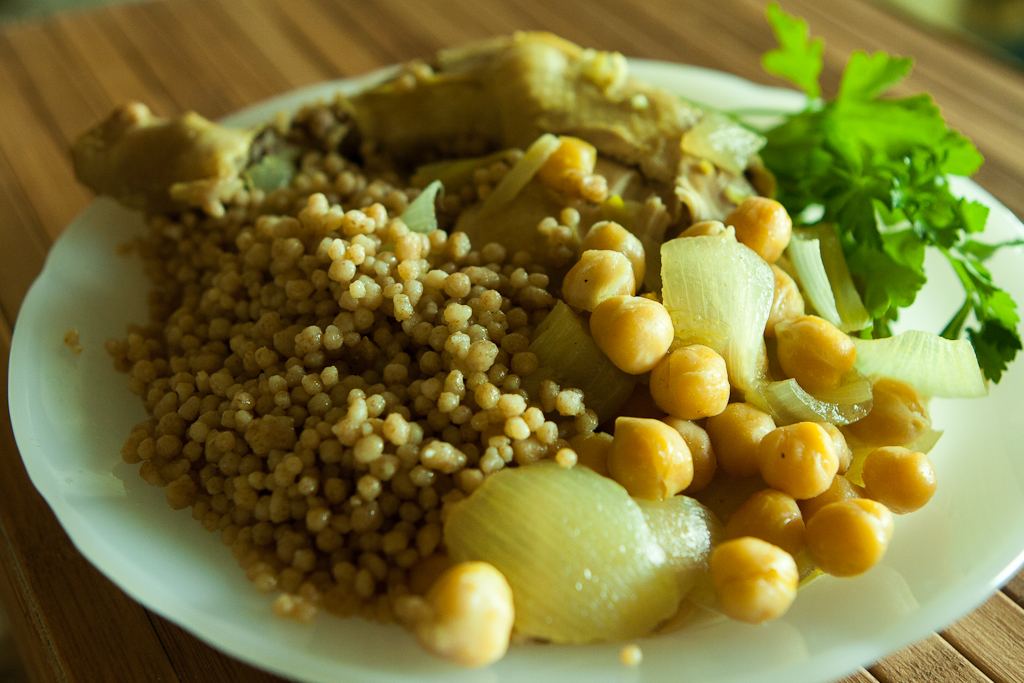
By: Yara Marei / Arab America Contributing Writer
Food has a unique way of bringing people together, and celebrating it will make you enjoy your meal and feel grateful to receive grandma’s recipes generation after generation. So can you imagine that this great moment of grace and pleasure can be easily stolen, just like the land, traditions, food, and sometimes even words could be stolen too? How many times have we crossed the markets and found a label calling the Palestinian “Maftoul” Israeli “couscous”? and how the concept of stealing the Arabian culture of Palestinians, including Muslims, Christians, and Palestinian Jews, becomes normalized worldwide, especially when they combine it with international festivals such as Hummus Day and International Falafel Day, which were on the 12th of June, where occupiers are European Zionist Jews who know nothing about Middle Eastern lifestyle, recipes, or traditions.
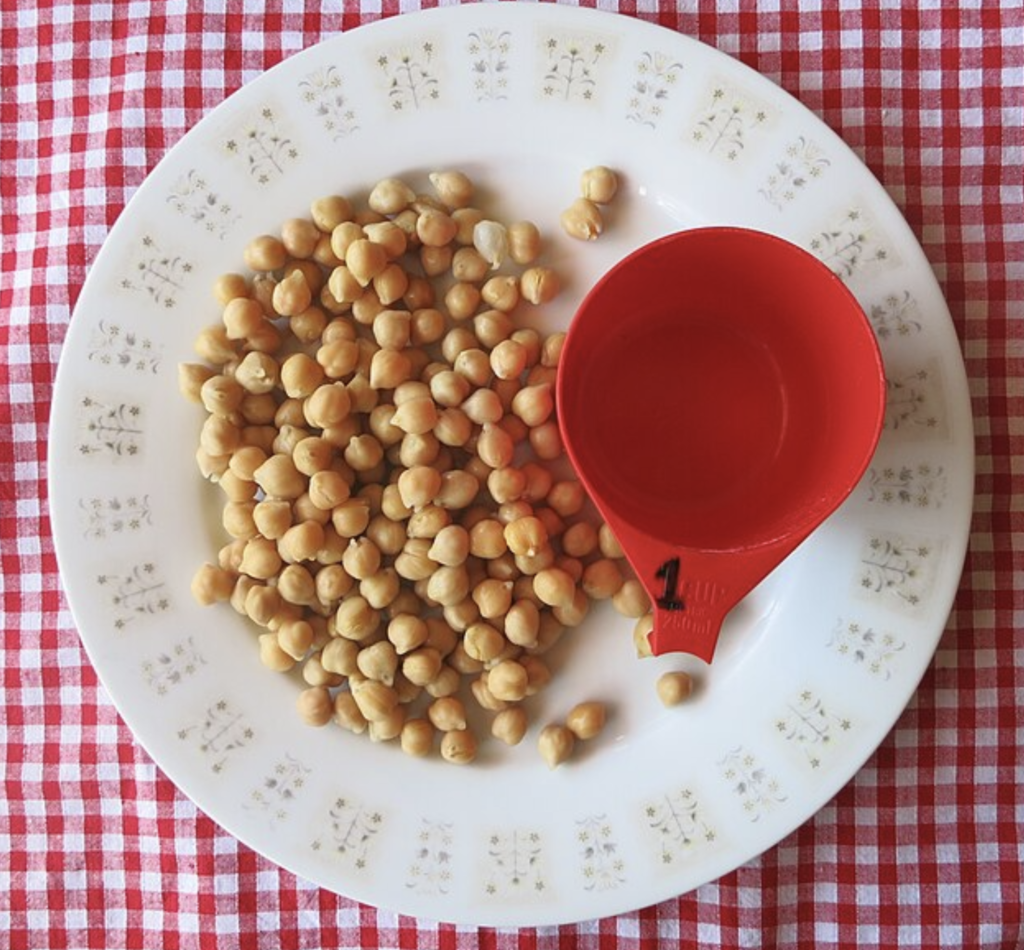
Innocent Dishes Stolen in the War
Hummus, Falafel, and Maftoul are three unique Arab dishes with the main ingredient of chickpeas. where hummus and falafel for levant Arabs are just like the rice for Asians, super popular, very affordable, very easy to make, and having it on breakfast and dinner as a main dish or with lunch as an appetizer is habitually more than it is a meal decision. The chickpea plant was first cultivated in Mesopotamia (between the Euphrates and Tigris rivers) around approximately 7,000 BC which was in Syria and Iraq in today’s geography.
while theories about where the first hummus or falafel was made out of these chickpeas are getting popular over Riddet and Quara platforms because most people are set in confusion especially when Isreal announced in 2012 the international Israeli festivals of these two dishes, and even more confused when they combined the festival of International Hummus Day with the exact day of Nakba.
which left the world not only in confusion but also trapped in questions like why we need festivals for our meals.? Why globalize this event, and why set that specific day at that specific time? and why participate in the Guinness World Record for the largest hummus dish of a 4-ton plate, served in a satellite dish and visited by President Obama? what they are seeking? and for what reasons they are glorifying this simple dish that any schoolboy can make for less than 5 dollars?
International Hummus Day
Hummus is a dip made from mashed chickpeas, tahini, olive oil, lemon juice, garlic, and salt. International Hummus Day, created by Ben Lang and Miriam Young in 2012 during the Israel Hackathon, originally coincided with Nakba Day, when Palestine was occupied in 1948, two million refugees fled out of their land and 15000 Palestinians were killed all in one day!
So imagine that May 15th, which is a day of loss for all Arabs and Palestinians, and Israelis are trying to make it a festive international event that the whole world can celebrate peacefully! however, the global awareness of the backlash to the massacre put pressure on Israel to change the date from the 15th to the 13th of May.
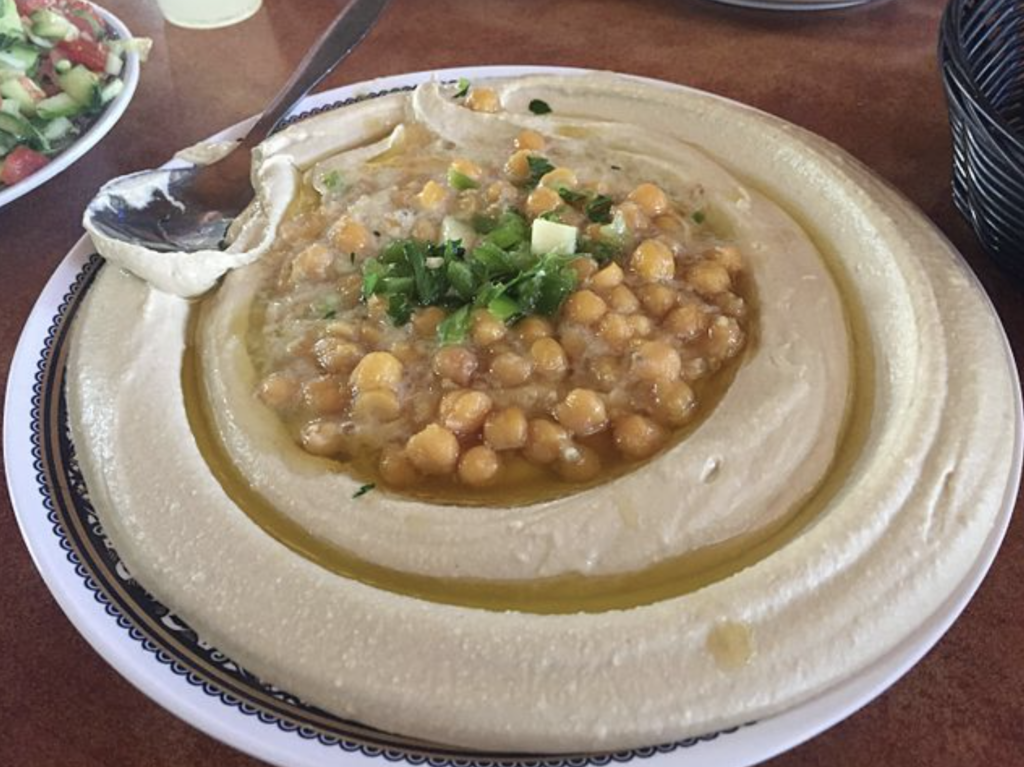
International Falafel Day
Falafel consists of deep-fried balls or patties made from ground chickpeas, mixed with spices such as parsley and coriander in addition to the amount of whole wheat, and sometimes filled with stinging sauce, either spicy tomato or sour garlic yogurt.
International Falafel Day, also established by Ben Lang, is celebrated on June 12th. Unlike Hummus Day, this date does not carry any historical significance but serves as a joyful occasion to honor and enjoy falafel made by the ones who killed its recipe maker.
So why Israelis are so persistent in making these events? and usually, if someone wants to celebrate food, it should be some fancy food that is cooked on special occasions only, just like the turkey of Thanksgiving, for example. So why did Israelis choose these popular, most common foods for Arabs and claim them for themselves? And what is the story behind it?
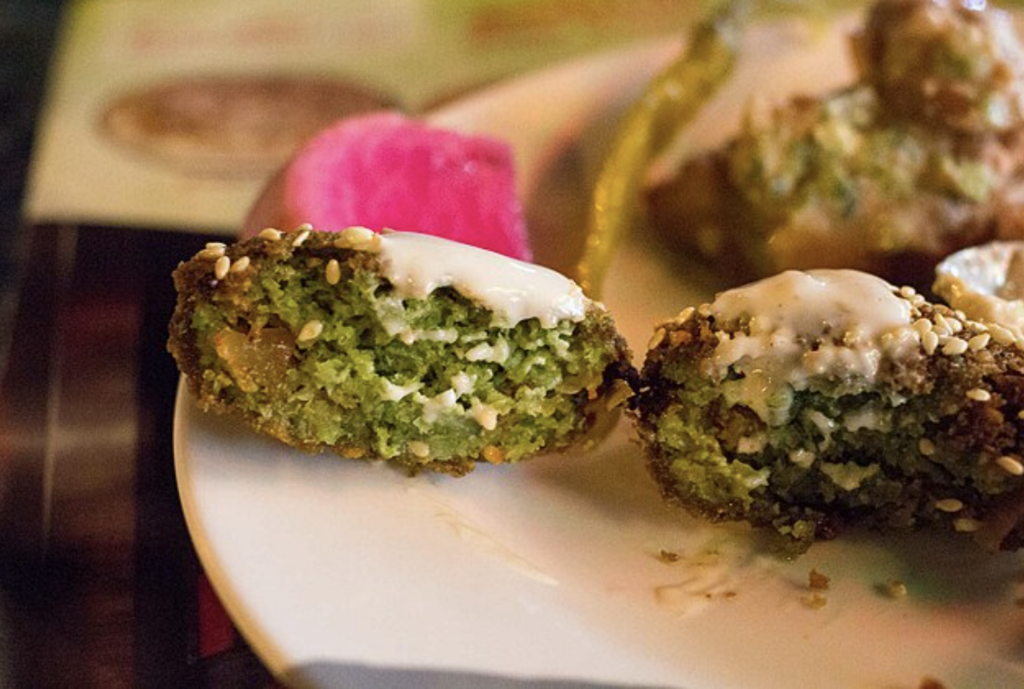
Chickpeas War
Since chickpeas were originally first planted in the Levant Mesopotamia area, we could find reasonable friendly debates between Turkey, Syria, Lebanon, Greece, Jordan, Palestine, and Egypt about who made the first Hummus dish and to which culture it belongs. but as soon as one settler government joined this, claiming that hummus was theirs, the friendly debates between these 7 countries shifted to “The Hummus Wars.” the 7 countries were all in one party, and the settlers’ government didn’t belong to any land on the other party.
This culinary rivalry began by providing evidence of the first hummus dish story and the second was to compete in the Guinness World Record for the largest hummus dish.
So Lebanon made a 4,532-pound plate where Greece tried to trademark the word “hummus” with the European Union, but it was rejected, as the EU recognized hummus as a regional food for the Levant area. This spurred competition, with the fact that a village near Jerusalem was where the first dish was made, so from this point, the whole issue concluded that Jerusalem is the capital of Palestine and all of the 27027km2 are Arab land with Arab Jews, Muslims, and Christians, altogether Palestinians, where one land cannot carry two different identities.
The evidence Israel provided added a point to Palestine’s record, which made Israel disappointed, so they created a 4-ton plate, served in a satellite dish, and visited by President Obama. Lebanon responded with a 23,042-pound hummus dish on May 8th, 2010, which was awarded the record.
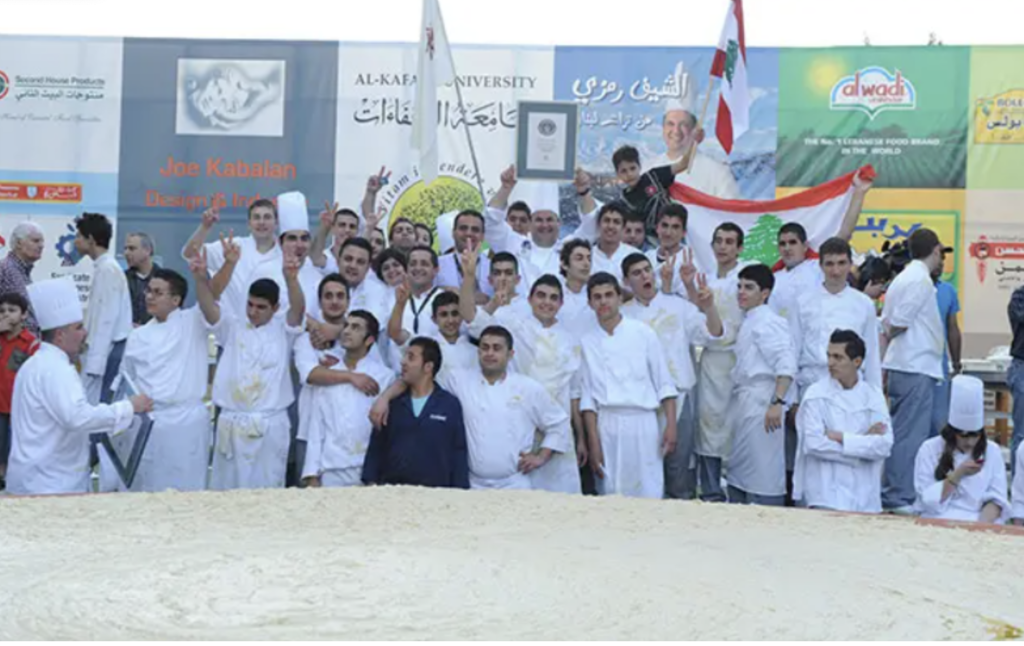
Awareness is the Key
Israel has no claim to the land, no claim to the food, and no claim to existence, so they are trying to make something to help their propaganda on claiming hummus and falafel by making the international days for festivals, just two years after Lebanon won the Guinness World Record for the largest hummus dish, which reminds us that always over-reacting is a clue for not truly owning; our “by default” is their “WOW.” I’m just wondering what international festivals Israel could create if the Zionist movement occupied Argentina or Uganda, as they put them on the list. Could they create Matooke International Day?
See our blog here!








